The InnovAIse team, with over 30 years of experience as part of Zelemo Holding, designs and implements optimal MES systems tailored to specific needs. These solutions may include customized “out-of-the-box” software solutions as well as uniquely developed components.
The goal is always to achieve the optimal balance between implementation costs and the results obtained. Due to the complexity of MES systems, they permeate the entire production process, so the efficiency improvements they bring can be seen across all areas:
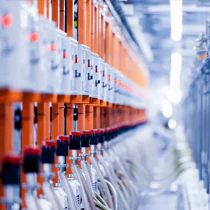
Scheduling:
MES systems assist in scheduling and managing production orders, ensuring that manufacturing processes are optimized for efficiency and performance.
Resource Allocation:
Allocation and management of resources, including machines, tools, and personnel, to maximize productivity and minimize downtime.
Integration:
Various types of production equipment can be integrated into a unified system, greatly improving transparency and accelerating management.
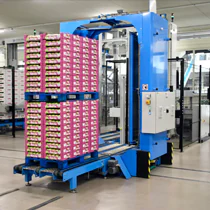
Real-Time Monitoring:
Continuous monitoring of production processes with linked alerts allows immediate intervention in case of issues, reducing the number of defective products.
Traceability:
Monitoring of materials and products, with data generated during the production process archived for full traceability, facilitating quality control.
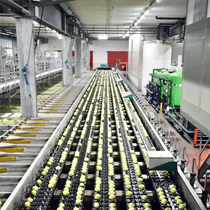
Data Collection:
Automatic collection of data from different stages of the production process provides easy insights into production performance.
Analysis:
Analysis of production data and examination of various trends helps identify efficiency issues and opportunities for improvement.
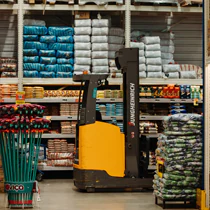
Tracking:
Real-time tracking of raw materials, work-in-progress, and finished goods inventories helps ensure optimal stock levels.
Just-In-Time (JIT) Manufacturing:
MES systems provide precise inventory and waste management data needed for dynamic JIT production processes.

Regulatory Compliance:
MES systems offer substantial assistance in ensuring manufacturing processes meet industry standards and regulations through their data management, privacy, and data transfer technologies.
Reporting:
Detailed reports can be generated from the system for both internal and external stakeholders, including regulatory authorities.
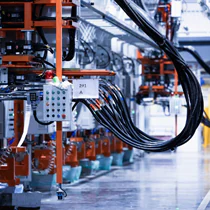
Preventive Maintenance:
Scheduling and tracking of maintenance activities help prevent equipment failures and extend machine life.
Downtime Analysis:
Analysis of events causing downtime helps identify root causes and implement corrective actions.